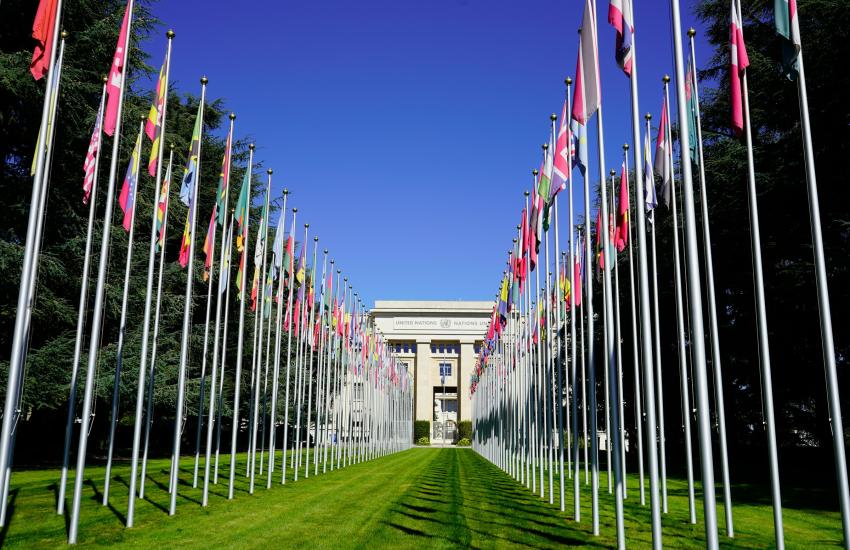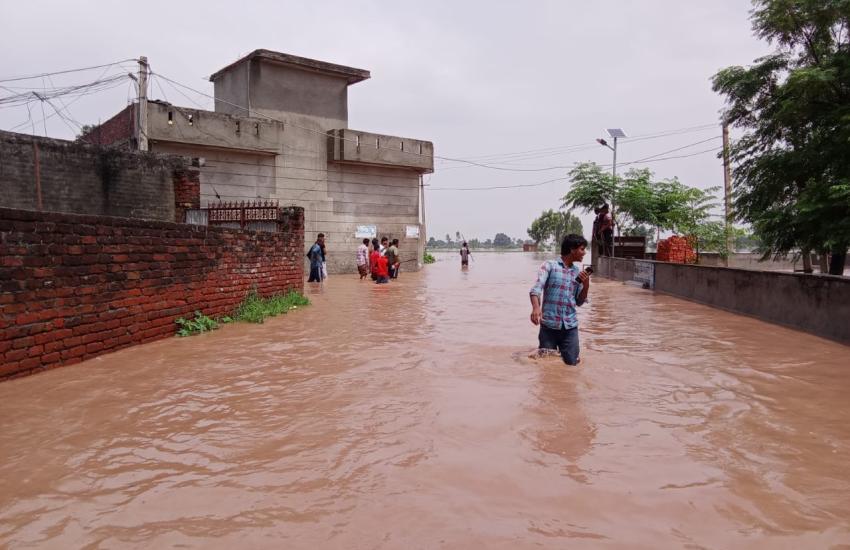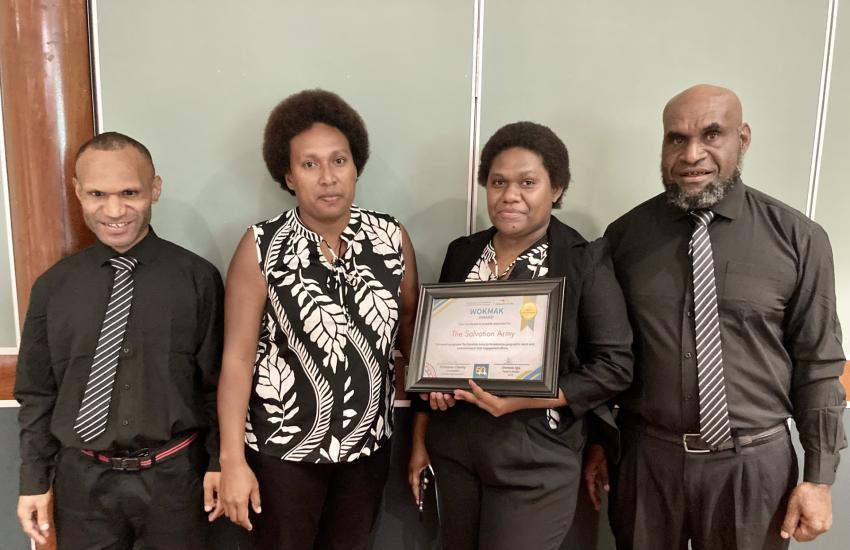SALVATION Army personnel in northern Pakistan are providing relief supplies to people who have been affected by the worst flooding in a generation. Torrential rain has led to flash floods and river surges which have devastated great swathes of northern Pakistan – particularly the Punjab, which is the country's main agricultural area. Salvation Army relief teams have been to many of the affected areas and – using funds from International Headquarters (IHQ) – 500 families in the Jhang District will receive food and cooking utensils.
News outlets in the Punjab are reporting that in some places this is the worst flooding for 40 years. More than 350 people are known to have been killed in the disaster, with 1.8 million affected.
In conjunction with district and regional government offices – and often despite flooding to their own homes – Salvation Army officers (ministers) have been helping those affected. A team from territorial headquarters has visited many of the worst-hit areas in the Punjab. Divisional teams have been monitoring flood surges in the rivers as they move south through the Sind to the Arabian Sea.
Water defences around major towns and cities have been breached but much of the main damage is to agricultural areas, where fields have been flooded and more that 4,000 villages have been seriously impacted, 3,500 in the Punjab alone. This is also the region with the strongest Salvation Army presence, home to 38,000 of the Pakistan Territory's 45,000 soldiers (full members). The flooding of more than two million acres of agricultural land means there are concerns in the medium term about food security for the region.
Reports say that at least 40,000 homes have structural damage and thousands more have been inundated with up to six feet of water and sewage. More than half a million people had to be evacuated and are now returning to the devastation caused by the floods.
The territory has already made use of emergency funds from IHQ but Colonel Ivor Telfer (Territorial Commander, Pakistan Territory) says there is much more that needs to be done, and that a larger-scale response can be organised if funds become available. 'A donation of US$15 could provide emergency food for a family for a week,' he explains, adding: 'Despite the government and a few relief agencies working hard to support those affected, less than 10 per cent of the population has received food. Cooking utensils are needed by most as the force of the water has washed away many items.'
Report by the Communications Section
International Headquarters





